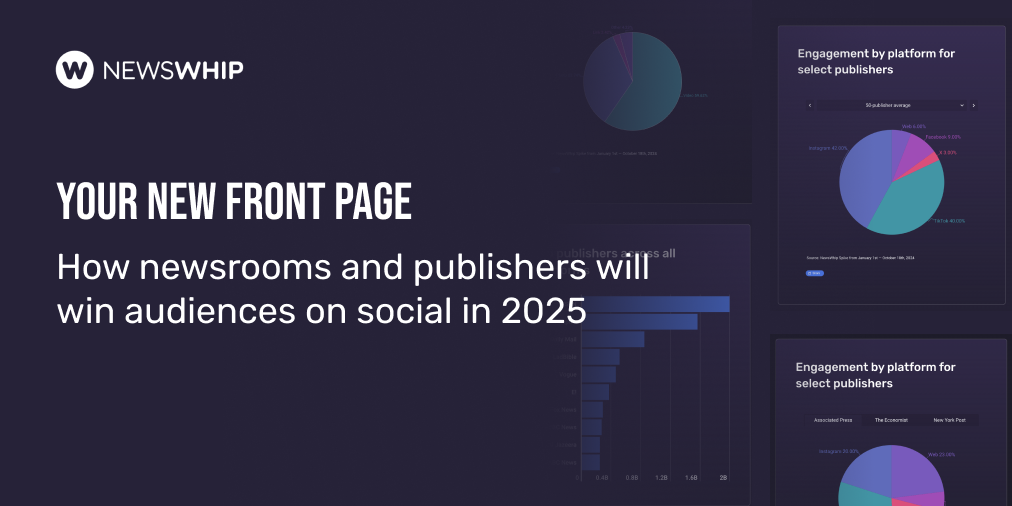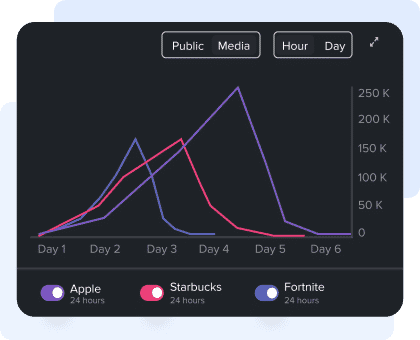We’re happy to be back for the third installment in our series of reports in collaboration with Stephen Waddington, a leading consultant for the comms industry.
For this project, Stephen once again sat down with various top level professionals at international organizations. This time he tucked into a particularly meaty topic: digital transformation.
His report shows that the interface of technology and the communications profession is changing fast, with many key drivers:
- Artificial Intelligence: Generative AI is moving through the communications space at a fast clip, promising to unlock savings, improve productivity – while at the same time presenting a variety of issues from ethics to deep fakes.
- Changing media consumption: The last decade has seen a sea change in news consumption, with social media now a primary driver of where people get their news across almost all age groups – particularly younger demographics. Understanding narratives and news spread is becoming exponentially more complex.
- Keeping pace: Other functions within organizations have moved toward more advanced digital capabilities, such as marketing automation, or more advanced CRM solutions in sales.
Challenges aside, technology represents a chance to elevate the role of comms professionals as strategic advisors to management. With the right tooling and workflow, comms professionals can predict crises, better understand stakeholders, and automate much of their work, freeing themselves up for more strategic advisory, in a world that really needs it.
But Stephen’s research shows that if the future is here, it’s not evenly distributed.
Comms teams are taking many different approaches to digital change, depending on their needs, budget, preparation, responsibilities and context. Many are very early in technology changes. They continue to use legacy platforms, outdated metrics, and rely heavily on agency advice in place of developing internal competences.
Given how fast the world outside is changing, it seems clear that in this situation, something has to give.
We hope this research will provoke discussion among comms leaders, who must now make the space to hire, train, build, and buy to get their technology mix right, and move onto the front foot.
Done correctly, digital transformation can elevate communications practitioners into strategic partners for management, where they can become a trusted partner through their insights.To borrow our own phrase, let’s imagine a future where comms advice and activity moves from hindsight to (technology-enabled) foresight.
We’ll be here to do everything we can to help that happen, particularly in the area of strategic reputation management. In the meantime, you can download the research below.












